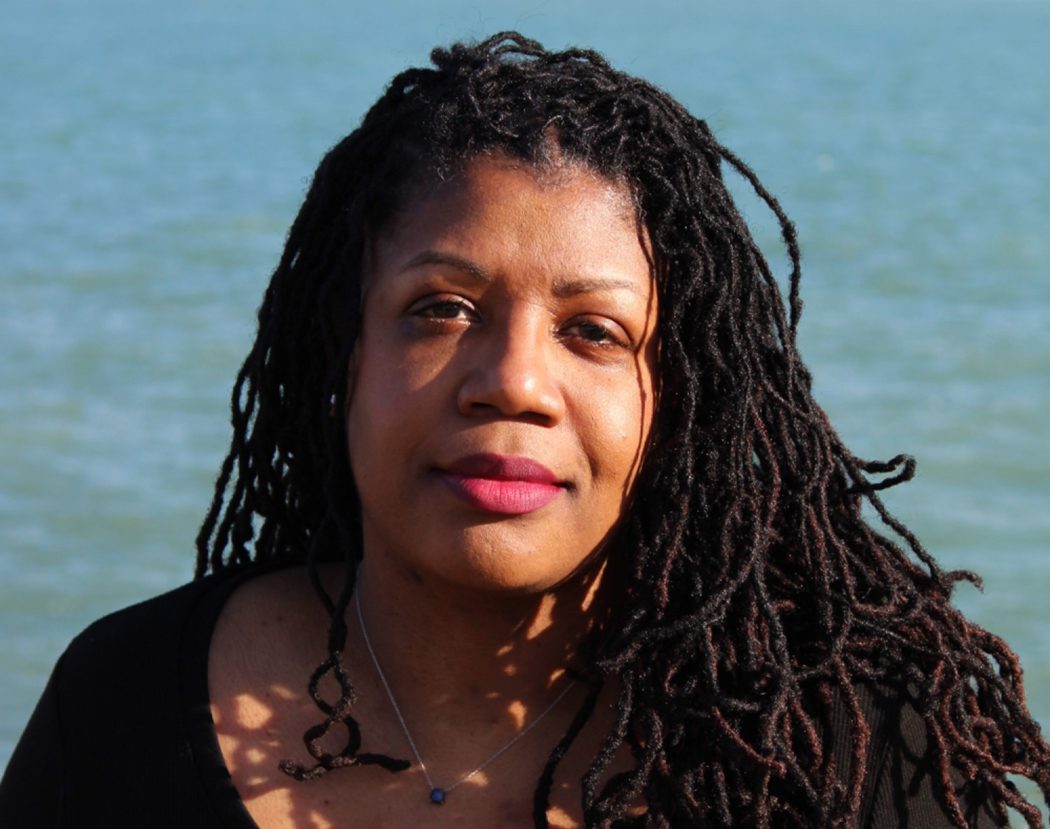Before the U.S. abolished slavery in 1865, thousands of enslaved Black Americans escaped from Southern plantations and fled to Canada, where slavery was officially banned in 1834. Many used the Underground Railroad—an extensive network of secret routes, safe houses, free and enslaved Black Americans, and white abolitionists—to make the dangerous journey to freedom. The former slaves settled in free Black communities across southern Canada.
For years, feminist writer and cultural critic Mikki Kendall believed that her great-grandfather was a descendant of the enslaved Black people who fled to Canada. Her family assumed he eventually immigrated to the United States, where he met her great-grandmother. But when Kendall went looking for her great-grandfather’s name in Canadian records in 2020, she came up empty.
“My grandmother’s father has always been a little bit of a family mystery,” says Kendall, author of New York Times bestseller Hood Feminism and Amazons, Abolitionists, and Activists: A Graphic History of Women’s Fight for Their Rights. “They changed their last name at some point…There were two different spellings of the name, and three different stories about where he was from.”
After spending months scouring ancestry.com for records of her great-grandfather, Kendall finally stumbled upon records of his sibling and father. She was surprised to discover that his family was not from the country of Canada, but rather Canada, Virginia—a free Black community near the University of Virginia.
Residents of Canada worked as “washerwomen, seamstresses, carpenters, and cobblers, mostly serving students and faculty,” reports the Virginia Humanities’ Encyclopedia Virginia.
Notable residents of Canada include Catherine “Kitty” Foster, who was freed from slavery in 1820 and bought two acres of land in Canada, near several other free Black households, in 1833. Foster passed her land on to her descendants, who continued to live there until 1906, before the community was destroyed. In the 1990s and 2000s, archeologists discovered 32 unmarked graves—including Foster’s—where the neighborhood used to be. A memorial to Foster, showing the outline of her house, now stands next to the cemetery on UVA’s South Lawn.
“My family is up in Chicago on both my grandmother and grandfather’s side because of massacres and towns being destroyed,” says Kendall. “So [learning about Canada] wasn’t exactly a surprise, but it was like, ‘Oh damn. Not one of you escaped this history.’”
Next week, Kendall will take a (virtual) trip to her great-grandfather’s hometown, when she speaks at the UVA’s Women’s Center about her feminist work. For over a decade, her work has critiqued modern white feminism, attempting to shed an intersectional light on issues faced by Black women and other women of color. She has coined several viral hashtags on Twitter, including #SolidarityIsForWhiteWomen, which called out white feminists who defended Hugo Schwyzer, a former college professor who preyed upon young women of color.
“It was weird seeing what was supposed to be feminism centered on men,” she says. “I wanted the conversation to be about needs and not lipstick and last names.”
In Hood Feminism, Kendall’s most recent book, she argues that basic human needs—including food, health care, safe neighborhoods, and a living wage—are feminist issues too, drawing on her own personal experiences.
“[The book] highlights the ways that a lot of communities have the same problems, except the way that they’re discussed are different,” she adds. “Missing and murdered Indigenous women and missing and murdered Black girls—this is the same problem.”
At UVA, Kendall also plans to discuss the “unacknowledged work” of women, disabled individuals, and genderqueer folk within feminist movements.
“We only talk Rosa Parks in the context of the bus, and never talk about her work to protect women from sexual violence,” says Kendall. “Movements honestly work better when we acknowledge the work being done.”
Kendall is currently working on a book about her family’s genealogy, as well as the construct of America. And when it is safe to do so, she plans to make an in-person visit to the former site of Canada.
Mikki Kendall will speak at the UVA Women’s Center on January 19 at 5 pm.
